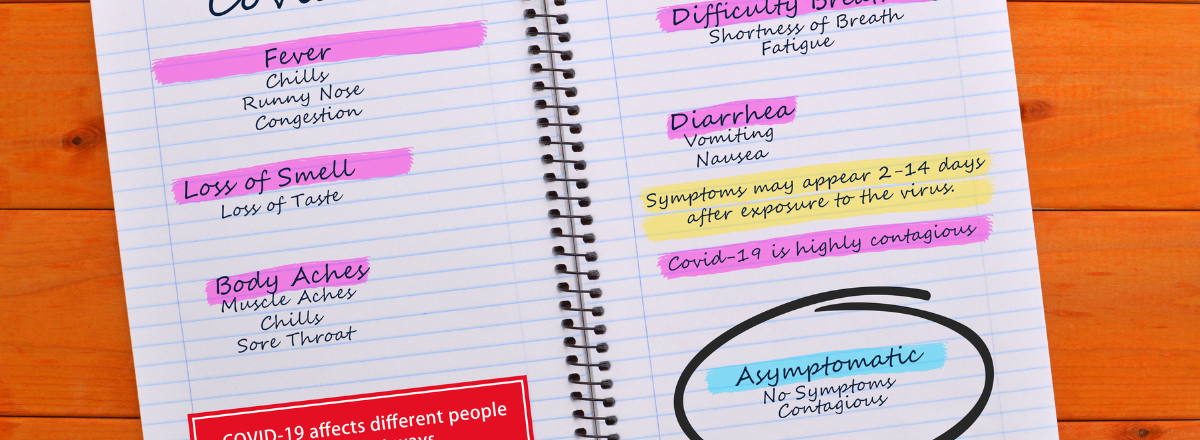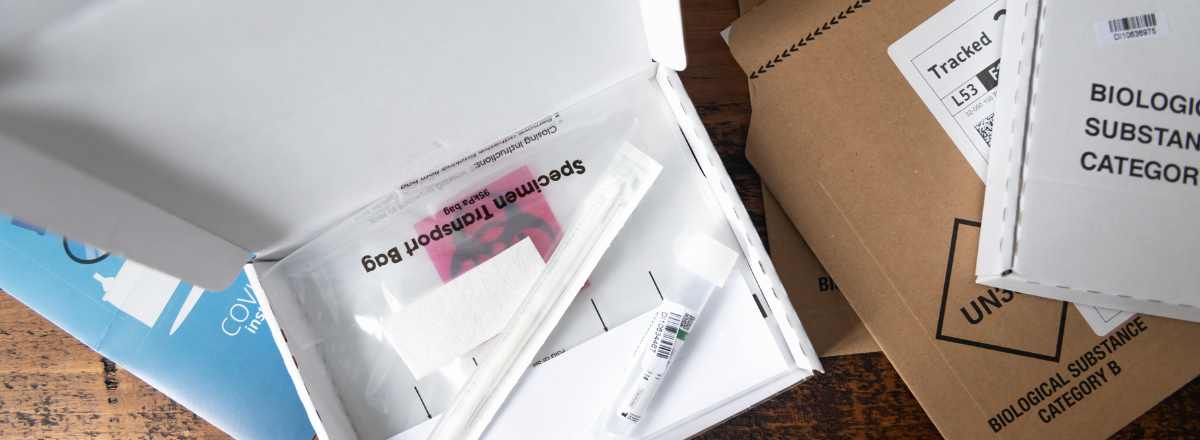While life has seemed back to normal for a little while now and this summer was the first without any travel restrictions since the pandemic, COVID continues to make the headlines.
So what’s the latest on the virus that took so many lives and caused so much disruption on a global scale? ZoomDoc’s Chief Medical Officer and GP, Dr Kenny Livingstone talks you through what to know and what to do when it comes to symptoms, vaccines and testing.
Is COVID still around?
Very much so, says Dr Kenny.
‘But with the majority of the population fully-vaccinated, many of us will at least have antibodies and therefore some protection against it. And of course, vaccines will help stop the virus spread as easily as it once did,’ he says.
While certain strains were particularly infectious, such as Omicron, back in 2022, there haven’t been ‘variants of concern’ since then. However, a rise in cases over the summer has been put down to a subvariant called Eris (EG5.1) – reportedly the second most dominant strain after Omicron – and, more recently, a strain called BA.2.86, which is on the UKHSA’s (UK’s Health Security Agency) radar.
How worried should we be?
The UKHSA has said it ‘will continue to monitor the situation closely and will publish the results of our analysis when they are available.’
In the meantime, health experts are urging people to be aware of COVID symptoms – keeping away from vulnerable people if you do get unwell – and to keep up to date with vaccines. See below for eligibility criteria.
What are the symptoms of COVID?
- a high temperature
- cough
- sore throat
- runny nose
- aches and pains
- tiredness and exhaustion
- loss of smell or taste.
Not sure if your symptoms are down to COVID or something else? You can always talk to a ZoomDoc GP for medical and treatment advice. Download the app to make a same-day appointment, without leaving the house.
Will I get a vaccine this autumn/winter?
Not necessarily. From September, the seasonal COVID booster roll-out will not be available to as many people as the previous year so if you were eligible last year, you may not be this year, explains Dr Kenny.
‘Last year all over-50s were offered an autumn COVID booster but this year the age has been raised to over-65s.
‘Carers, care workers, those in an immuno-suppressed household or considered at clinical risk will also be eligible outside of this age bracket.
‘Contact your GP if you think you should have it or haven’t been contacted about it in the next few weeks,’ he says.
If I am eligible, should I have the vaccine?
‘Yes,’ says Dr Kenny. ‘The groups invited for vaccines are considered at-risk from an unpleasant and unpredictable virus. Having the vaccine could help prevent hospitalisations and even deaths over the winter months as virus rates are expected to rise.’ he says.
Should I still test for COVID?
Tests are still available to purchase and some people with symptoms such as a cough, fever or other flu-like symptoms find it useful to rule out or confirm whether COVID is making them feel unwell.
However, there is no legal requirement to test for symptoms anymore.
If you do wish to test for COVID you can purchase lateral tests and more here.
I’ve never had a COVID vaccine. Should I get one?
The invitation to get a first or second dose of the COVID vaccine expired in June this year (2023).
From now on, only targeted and seasonal COVID vaccinations will be available on the NHS. (See above).
There are no private COVID jabs available yet but this is something that may be available in the future, similar to private flu jabs.



